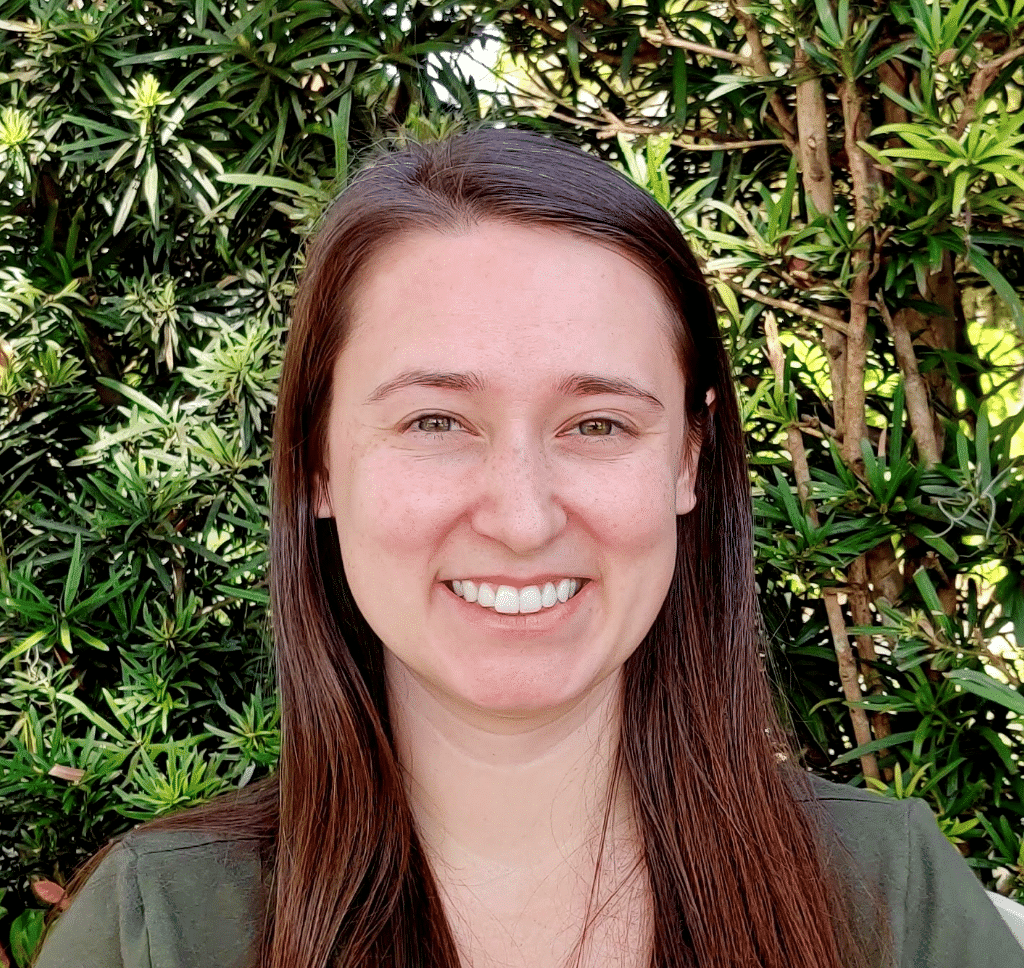Therapists in Ocala, FL and Nearby Locations
Find a therapist in Ocala, Florida that meets your needs. Browse our comprehensive list of affordable and licensed therapists in Ocala to find a professional specializing in counseling people with stress, anxiety, depression, relationship issues, grief, and more.
We may receive fees from the providers listed below. See our full disclaimer.
Mental Health in Ocala, Florida
Located in northern Florida, Ocala is the county seat of Marion County and had an estimated population of 59,110 as of 2017. Its claims to fame include a historic district featuring multiple entries on the National Register of Historic Places, a center of horse breeding that produced the 1978 Triple Crown winner, and a climate featuring only two seasons: wet (June to September) and dry (October to May). It features a moderate livability score on the basis of cost of living, amenities, and weather.
Demographic Data and Socioeconomic Profile
Significantly, 60% of the population of Ocala identify as white/Caucasian, while 21.4% identify as black/African American and 12.1% identify as Hispanic/Latino. Approximately 4% identify as two or more races. About 50.9% of the population is made up of female residents, while 49.1% of residents are male. The median age of residents in Ocala is 37.8 years, lower than the statewide median of 42.1.
Compared to the rest of Florida, Ocala has a remarkably low median household income: $36,937 versus $50,860 statewide. Ocala also has low property values, ranging between $120,000 and $135,000, and a high poverty rate of 21.5%, much higher than the national rate of 12.3%.
It is typically difficult to find mental health statistics at the local level, and Ocala is no exception. However, there are statistics available for Marion County. In 2015, a non-profit health council conducted an assessment of mental health status in Marion County on the basis of three major indicators: involuntary health exams, domestic violence rates, and suicide rates.
- Rates of individuals with mental health issues deemed to be a danger to themselves and others received involuntary mental health exams in Marion County at consistently higher rates than across the state.
- Incidences of domestic violence in Marion County ranged between 30 to 50% higher than statewide, on average, between 2004 and 2013.
- While the suicide rate for Marion County showed a slight dip in 2013, the overall suicide rate for Marion County has been trending upward, while the state rate has more or less leveled off.
Challenges Involved in Finding a Suitable Therapist in Ocala
When it comes to how much each of the 50 states spends on mental health programs, Florida ranks next to last. The spending level has remained stagnant for years at about $37 per resident per year. However, the problem is not only how much (or how little) the state pays for mental health programs but also the way it pays. In 2013 and 2014, the state implemented a managed-care system that was supposed to save taxpayers money but has actually added a layer of bureaucracy between clients and mental health providers and cost mental health facilities hundreds of thousands of dollars in lost revenue.
The whole of Marion County has been designated a mental health professional shortage area by the federal government, with the following areas deemed to be particularly vulnerable:
- Federally Qualified Health Center
- Correctional Facility
- Low Income Population
In Marion County, there are 67 mental health providers for every 100,000 people. To put that another way, for every one mental health provider in Marion County, there are nearly 1,500 residents.
Factors Affecting Mental Health in Ocala
The following factors may contribute to mental health issues in Ocala and/or prevent people from seeking treatment:
- Crime: The overall crime index in Ocala is consistently higher than the U.S. average. The rate of violent crimes in Marion County is moderately high at 441.5 per 100,000 people.
- Physical Health: Compared with the rest of Florida, the prevalence of health conditions like obesity and diabetes is moderately high.
- Substance Abuse: Statewide, the drug overdose death rate is high at 23.7 per 100,000 people, 14.4 of which resulted specifically from opioid use. Excessive drinking in Marion County is moderately prevalent at 16.6%
- Poverty: When broken down by age and gender, the largest demographic living in poverty in Ocala is 35- to 44-year-old females. Nearly 40% of people living in poverty in Ocala are African American despite the fact that African Americans make up only 21.4% of the total population.
- Alafaya
- Apopka
- Boca Raton
- Bonita Springs
- Boynton Beach
- Bradenton
- Brandon
- Cape Coral
- Clearwater
- Clermont
- Coconut Creek
- Coral Springs
- Country Club
- Davie
- Daytona Beach
- Deerfield Beach
- Delray Beach
- Deltona
- Doral
- Fort Lauderdale





